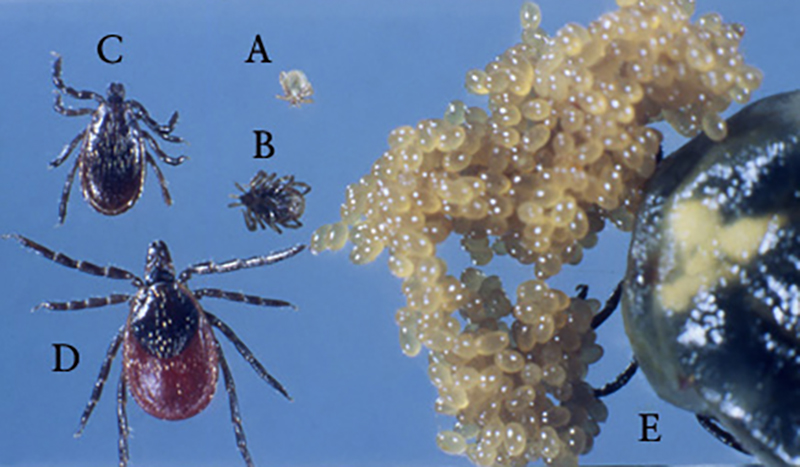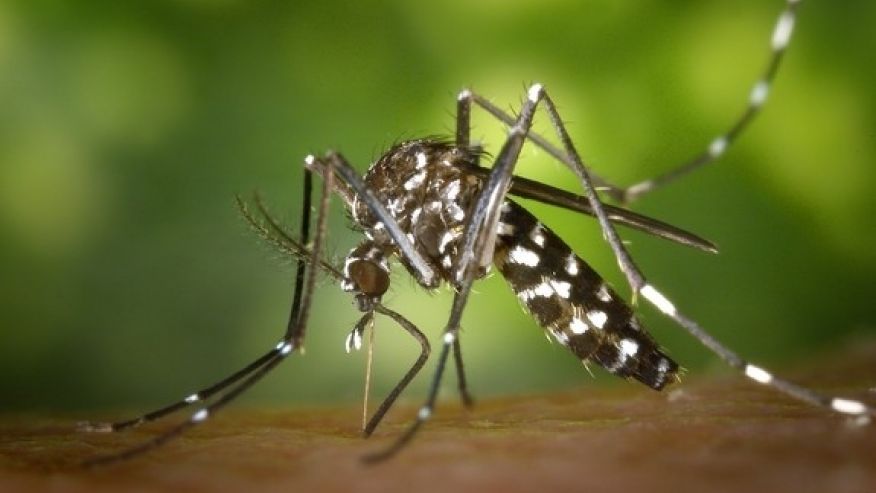What might sudden cardiac death due to Lyme disease look like?
"Although rare, sudden cardiac death caused by Lyme disease might be an under-recognized entity," according to researchers who describe their findings from an autopsy study on 5 case patients who died from sudden cardiac death and were found post mortem to have Lyme carditis. The cases are discussed in an article entitled Cardiac Tropism of Borrelia burgdorferi: An Autopsy Study of Sudden Cardiac Death Associated with Lyme Carditis, published in The American Journal of Pathology.
Level with Lyme disease patients, at least 1 in 3 can fail treatment
Many individuals with Lyme disease are reassured that the standard 21- to 30-day course of antibiotic therapy is unquestionably an effective treatment in eliminating the infection and that any lingering symptoms are not due to the disease. However, such a broad-based, generalized message only does harm to patients, giving them a false sense of security about a disease that is leaving thousands of individuals chronically ill.
Probiotics can be priceless in preventing Clostridium difficile-associated diarrhea
A recent study examined the effectiveness of probiotics in warding off Clostridium difficile-associated diarrhea (CDAD) in both children and adults. Clostridium difficile infection (CDI) is the leading cause of antibiotic-associated diarrhea, and the number of cases and its level of severity have increased over the past decade, making it a growing healthcare concern.
How Lyme myocarditis might present in an adolescent patient
An adolescent girl is admitted to the emergency room with a new onset of chest and abdominal pains. After treatment is initiated, she develops a heart block. Tests for Lyme disease return positive and she is diagnosed with Lyme disease-associated myocarditis.
Doxycycline not to blame for acute pancreatitis
A recent study examined a probable case of oral doxycycline inducing pancreatitis in a patient initially treated for Lyme disease. However, there have been only two documented cases of doxycycline causing acute pancreatitis. The authors case report of acute pancreatitis was caused by diabetic ketoacidosis.
No commercial diagnostic tests available for emerging tick-borne diseases
An ever increasing number of tick-borne diseases are emerging that pose a serious threat to public health, and yet there are no diagnostic tests commercially available to most physicians. Patients with these complex diseases are identified only through tests performed by research laboratories. Individuals who are not accurately diagnosed can develop chronic illnesses.
Study demonstrates further evidence larval ticks may be a threat to humans
In the Netherlands, a significant number of patients with Lyme borreliosis do not recall being bitten by a tick. It is estimated that 1.1 million people in the Netherlands are bitten by one or more ticks annually and that larvae are responsible for 1.3% to 4.2% of those tick bites. The authors of a new study suggest that patients who do not report seeing a tick bite may acquire Lyme borreliosis instead from the bite of a larval tick, given that it is minute in size, easy to overlook and has now been shown to transmit the disease.
Different response by CDC to spread of Zika virus vs. Lyme disease-carrying ticks
The spread of both vector-borne diseases and the organisms that transmit them has been making international headlines. The mosquito-borne Zika virus continues to spread throughout the Americas, raising worldwide alarm. In the United States, reports indicate black-legged ticks, which can transmit Lyme disease, are rapidly expanding into new geographic regions of the country.
Cognitive issues following a stroke due to Lyme disease
A recent study examined the relationship between infectious agents and their impact on cognitive decline in older individuals. The authors concluded that exposure to certain viruses would, in fact, result in cognitive deterioration. Clinicians treating Lyme disease patients have expressed concern about cognitive problems developing from an infection with the Borrelia spirochete, as well. Numerous studies have documented cognitive issues in Lyme disease patients years after treatment.
Limits on antibiotics for Lyme disease leave doctors in Limbo
Physicians have long been advised to stick to a fixed treatment duration when prescribing antibiotics for Lyme disease. But a growing number of clinicians are finding that patients remain sick or experience a new onset of symptoms once treatment ends. Current guidelines recommend a 14- to 28-day course of antibiotics. Yet at least one-third of their patients remain ill years after treatment. [1,2] In turn, clinicians are left in limbo. How do they get their patients better?












